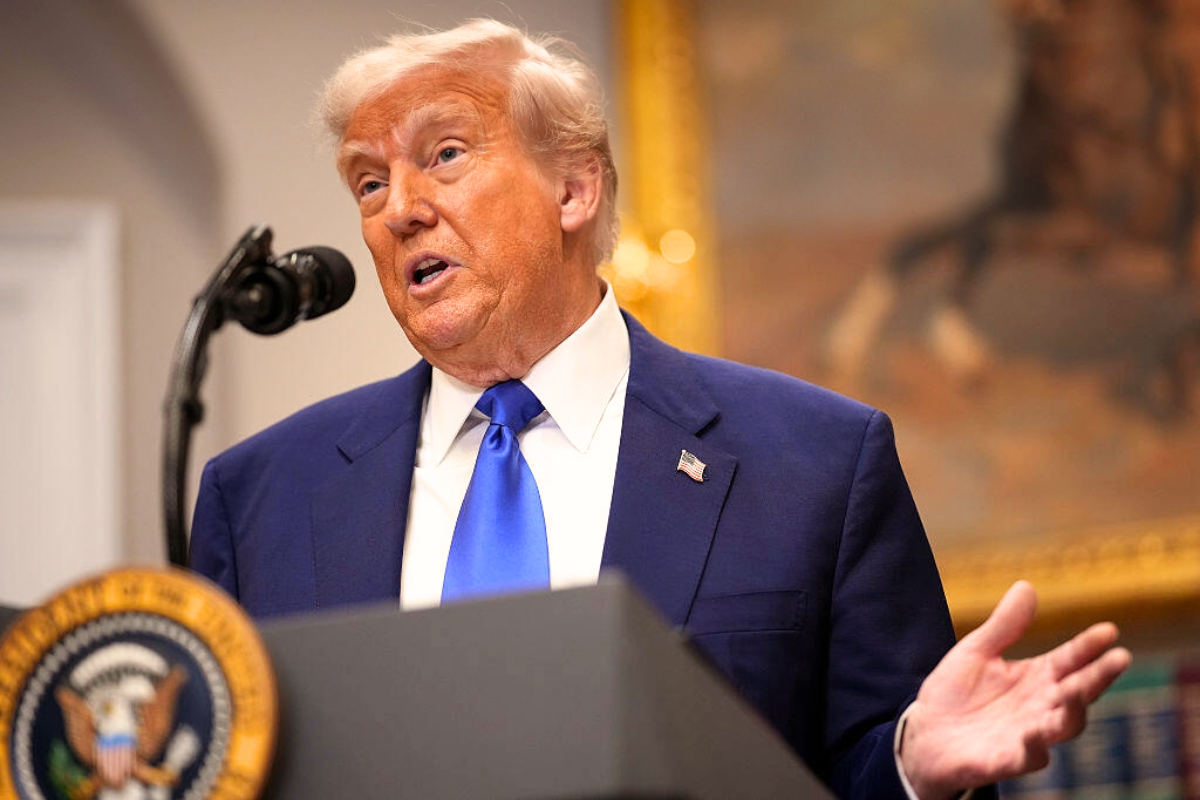President Donald Trump made it known that he was totally against the idea of the wealthiest people paying more taxes to support the poor. However, the proposal only found favor with parts of the Congress. The concept of a tax increase on the rich was the brainchild of elites like Steve Bannon, Trump’s former adviser, who was, therefore, for it. The President, on the other hand, had a different thought. His argument was that richer people would certainly flee the country, and with them, the nation would be consumed by a crisis cause by poor policy implementation.
The Reason for Trump’s Opposition to Higher Taxes on the Rich
In a conversation with press people, the U.S. President told them that if the ultra-rich generation had to pay more money through taxes, they would rather leave the USA. “Many wealthy people would move out of the US,” he said thus emphasizing that such a measure would nullify the purpose of imposing taxes and thereby play havoc on the economy in the medium run.
The reason Trump disagrees with the plan to tax those who earn high incomes is that in his opinion, the wealthiest who are the primary taxpayers in mostly urban areas would shift and live in other countries that give them tax exemptions hence the tax loads would be reduced. He argues that the economy would be in a bad shape if the US, because of tax rises, gets less than what it had at first. Trump also argues that the increase could generate a negative result for the US if it leaves the country.
The Tussle Over Tax Cuts and Government Spending
It’s the most recent decision to not raise taxes on the richer ones that is part of the ongoing negotiations between the Congress and the White House to resolve the budget difficulties. The two opposing parties have never been short of oratory talent, the former advocating for tax cuts while the latter is fighting against them. Trump intends to make the issue of tax cuts central to the government’s agenda but at the same time they are removing some taxes on tips and Social Security benefits. The Democrats disapprove of this and claim that the rich are gaining most of the benefits while the middle class is deprived of the access to government services which they deem necessary.
Democratic senators, like Chuck Schumer, never stopped expressing their disagreement with the tax policies of the Trump administration, blaming them for being the “trillion-dollar giveaways” to the highest classes. The case made by the Democrats is that the money freed by the tax plans could easily become available from the savings on social programs for the middle and low-income citizens.
The Public Opinion on President Trump’s Economy
Most of US citizens did not have a very good outlook on the economic measures that were being implemented by President Trump. In a recent study, over sixty percent of the people responded positively to the president’s economic policies, while also commenting that the imposition of tariffs and the negative effect on the stock market, brought about by the very same tariffs, were the main reasons for their disapproval. The public was concerned to see if Trump’s trade fights would affect the economies of other countries, especially China, with whom he was in a heated trade war. Such a reaction was not surprising given the relentless strain in the relationship between the once-friendly nations.
Despite the fear of a recession in the country, affected individuals are hesitating to agree with Donald Trump’s position about the low-interest rates that the economy requires. The President’s point of view is that such a step will give an impetus to companies to enlarge. However, President Trump has not yet contemplated reaching out to the Federal Reserve chief Jerome Powell, which means that any changes shall come after his nod.
Impact of Trump’s Policies on the Economy
Whether the taxation issue and all the strategies to be employed in the economy will yield any positive/negative results is a matter of heated debate. In the middle of the public, there was disagreement regarding what the economic effects of Trump’s tax cuts would be. He was in favor of having funds from the country’s richest people whereas the latter were paradoxically claiming that their implementation was not good for the country, and also the social programs would be at risk. Which way the tax policy issue, supposed to come then, would go was likely to be the deciding factor for the country’s economic status at the time of the 2024 election.






